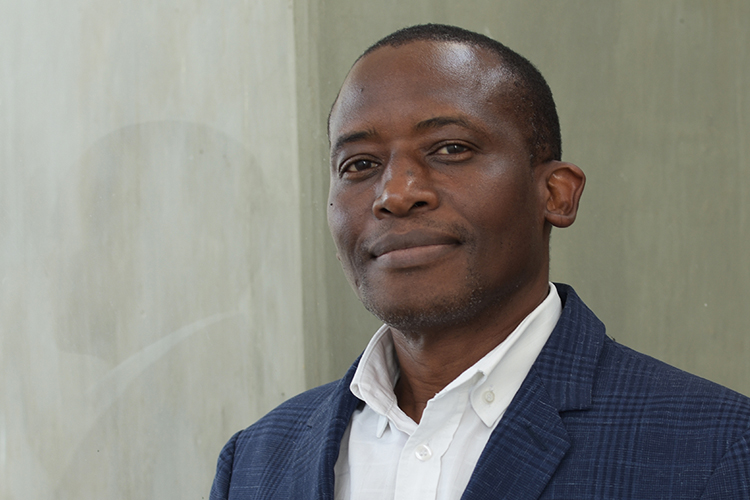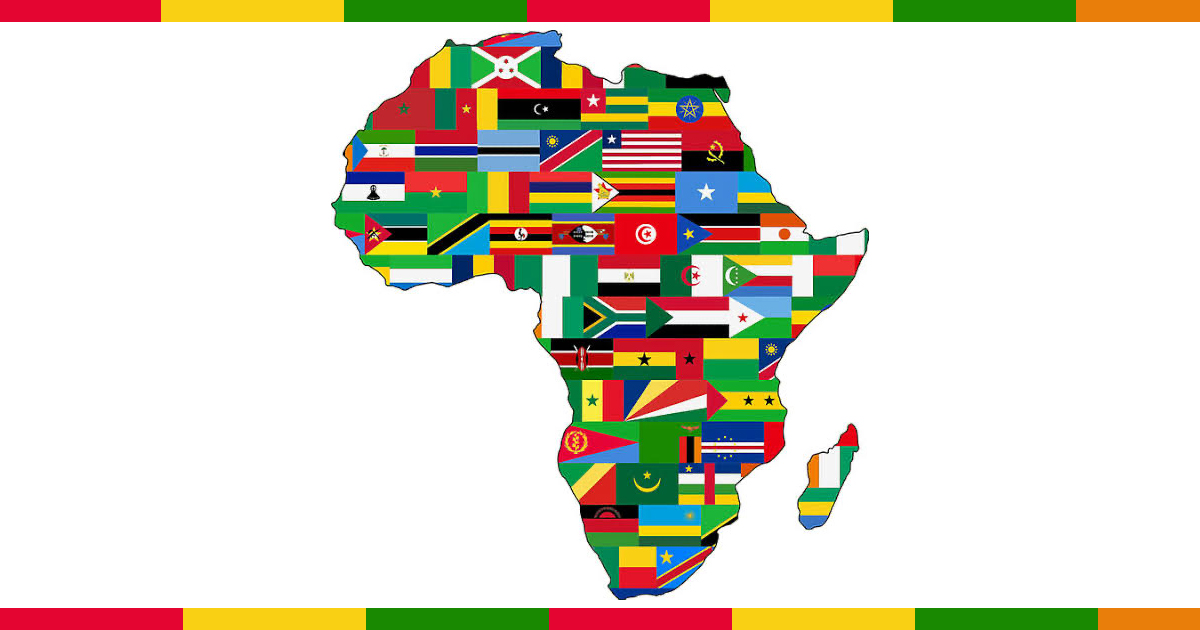South Africa, like the rest of Africa – and the world – celebrates ‘Africa Day’ today. This day, 25 May, is the date on which, 60 years ago, the Organisation of African Unity (OAU) was founded. The OAU was in 2002 transformed into the African Union (AU), with its inaugural session being held in Durban, South Africa, on 9 July 2002. Because the roots of ‘formalised pan-Africanism’ are traced back to 1963, the date of the OAU’s founding still marks ‘Africa Day’.
With the theme of Africa Day this year being ‘Accelerating the implementation of the African Continental Free Trade Area to bring greater prosperity to the continent’, words of Wangari Maathai, a renowned Kenyan environmentalist and political activist stating that ‘there are opportunities even in the most difficult moments’, serve as continuing motivation to pursue the fight against the challenges we face as a continent, but also to embrace the opportunities that have been created to combat these challenges.
Africa Day celebrates and acknowledges the success that was achieved by the OAU and the AU. The creation of the OAU aimed at creating a greater sense of unity among African countries by collectively fighting against norms such as colonialism and apartheid. This day is an opportunity to celebrate African diversity and success and to highlight the vast cultural and economic potential that exists on the continent. The celebration of this day further acknowledges the progress that Africans have made ever since the establishment of the OAU but also serves as an opportunity to reflect upon the challenges faced not only in the global environment but also at the regional and local levels.
The need for coordination and intensification of cooperation and efforts by the AU to achieve a better life for the people of Africa needs to not only be acknowledged this year on Africa Day but also effectively brought to fruition. Some of the most salient human rights challenges in South Africa currently, including xenophobia, gender-based violence against women and children as well as a rise in police brutality, can be effectively overcome if the various objectives of the AU are achieved.
Under apartheid, South Africa was not part of the OAU. In fact, the OAU played a major role in bringing to bear international pressure on and eventually dismantling the apartheid government. Once democracy was constitutionally rooted in South Africa, one of the first forms of international outreach by the new government was to join the OAU in 1994.
Africa Day provides an opportunity to take stock of the extent of South Africa’s engagement with and leadership role within Africa. As part of the AU, South Africa should be deliberate in strengthening AU bodies. One of these bodies, the Pan African Parliament (PAP), is based in South Africa.
Strengthening the PAP
South Africa is not only part of the PAP but also supports it logistically by providing its headquarters in Midrand. However, the country has not yet supported its further transformation into a more democratic and accountable institution. At the recent PAP Civil Society Organisations (CSO) Forum Parliamentary Dialogue with Members of the PAP (MPAPs), the CSO Forum, of which the Centre for Human Rights, University of Pretoria, is the coordinator, called on the PAP to work with African CSOs to further the goals of PAP being transformed into a legislative body with full legislative powers. The transformation of the PAP into a full legislative and accountable body will take a few steps forward once the Malabo PAP Protocol enters into force. This Protocol, adopted in 2014, aims to unequivocally authorise the PAP to enact Model Laws applicable to the entire continent. It will also fix a higher level of gender representation by requiring representatives from the various legislatures to have at least two women in the delegation (compared to the current requirement of at least one woman out of the five MPAPS per country). The Malabo Protocol will also cause a change in membership of the PAP, with MPAPs elected from outside their national legislatures (compared to being sitting members of national legislatures as is presently the case).
While a simple majority of the AU’s 55 member states (28 states) have to ratify the Malabo PAP Protocol before it enters into force, only 14 states ( Benin, Cameroon, Chad, Equatorial Guinea, Gambia, Ghana, Madagascar, Mali, Morocco, Rwanda, the Sahrawi Arab Democratic Republic, Sierra Leone, Somalia and Togo) have to date deposited an instrument of ratification or accession to the Malabo PAP Protocol.
Advancing human rights within the AU framework
South Africa is a state party to the African Charter on Human and Peoples’ Rights (Charter), but has not ratified three additional protocols to the Charter on the rights of older persons, persons with disabilities and social security. Each of these protocols requires only 15 state parties to secure its entry into force, but these targets have not yet been reached. These protocols are: the Protocol to the African Charter on the Rights of Older Persons in Africa; the Protocol to the African Charter on the Rights of Persons with Disabilities in Africa; and the Protocol to the African Charter on the Rights of Citizens to Social Protection and Social Security.
There seems to be little reason for South Africa not to take a leadership role by becoming a party to all three of these human rights treaties. South Africa’s domestic legislation and policy in all three of these domains are best practices that could be shared with other AU member states. As for persons with disabilities, South Africa is already a party to the United Nations Convention on the Rights of Persons with Disabilities (UNCRPD). The AU Disability Rights Protocol complements and grounds in African soil the provisions of the UN CRPD.
Making African free trade a reality
South Africa is one of 47 AU member states that ratified the Africa Continental Free Trade Agreement (AfCTA) but has not accepted as binding the Protocol to the Treaty Establishing the African Economic Community Relating to Free Movement of Persons, Right of Residence and Right of Establishment (Free Movement of Person Protocol)was adopted on 29 January 2018. The AfCTA will falter without the acknowledgement that the Agreement must be people centred. However, the ratification levels of the Free Movement of Person Protocol remain low, with only four countries having ratified and deposited their instrument of ratification to the AU (Mali, Niger, Rwanda and Sudan).
Call on government and political parties to empower African regional architecture
The Centre for Human Rights, therefore, calls on the South African government to spearhead a national debate and discussion to ratify the Malabo PAP Protocol; the Protocol to the African Charter on the Rights of Older Person in Africa; the Protocol to the African Charter on the Rights of Persons with Disabilities in Africa; and the Protocol to the African Charter on the Rights of Citizens to Social Protection and Social Security, and the Free Movement of Peoples Protocol. It also calls on all political parties represented in Parliament to support the process of ratification of these treaties.
Ratifying these treaties will not automatically guarantee that human rights are better protected or that the lives of South Africans improve, but they are important building blocks in reinforcing the AU as a credible, progressive and regional body. The AU must be the first port of call to solve Africa’s problems – not global hegemons or the United Nations. South Africa should play a more pronounced leadership role in making this happen. One way of doing so is to empower the African regional architecture by throwing its moral weight behind the treaties that the AU adopted on transforming the PAP, more firmly protecting the rights of vulnerable groups, and allowing the AfCFTA to become lived reality on the continent.
For more information, please contact:

Centre for Human Rights
Tel: +27 (0) 12 420 3228
Fax: +27 (0) 86 580 5743
frans.viljoen@up.ac.za

Centre for Human Rights
Tel: +27 (0) 12 420 3810
Fax: +27 (0) 86 580 5743
lloyd.kuveya@up.ac.za


